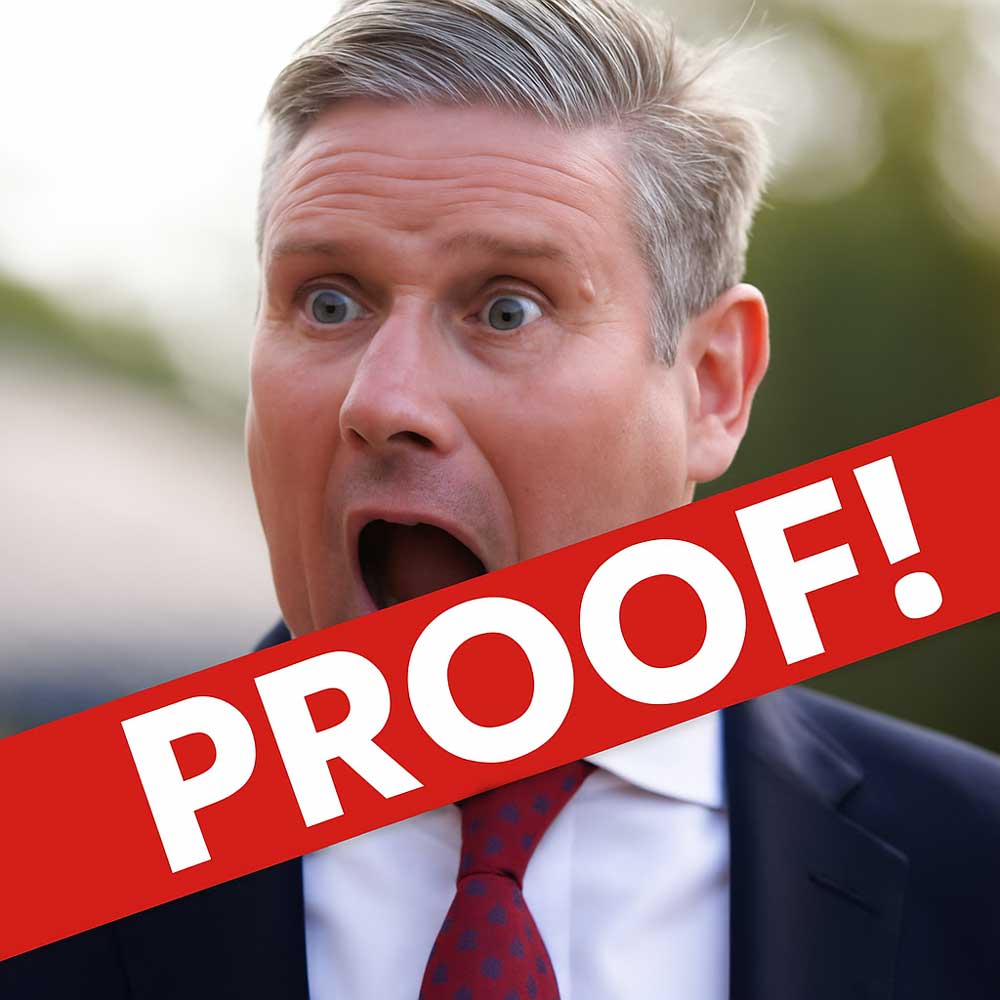Chancellor Friedrich Merz of Germany is set to enhance ties with the United Kingdom during his upcoming visit to London, marking a significant step in forming a united European front against growing international threats. Unlike the recent grand state visit of French President Emmanuel Macron, which featured royal festivities, Merz's trip will focus on pragmatic agreements regarding defense, energy, and migration.
The two nations are working on finalizing an Anglo-German treaty that consolidates their defense strategies, building on mutual commitments established last October. The defense collaboration aims to bolster joint military exercises and pursue advanced weaponry development. Merz, who took office in May, is shaping his role as a crucial figure in Europe’s quest for greater security independence, especially given the previous U.S. administration's changing stance under President Trump.
British Prime Minister Keir Starmer will hold discussions with Merz at 10 Downing Street, strategically aligning Britain as a proactive participant in European support for Ukraine amid its ongoing conflict with Russia. While the treaty's specifics are still being negotiated, a reflection of the seriousness of the partnership is expected, wherein both countries will recognize an attack on one as an attack on the other.
This mutual defense agreement mirrors recent agreements between Britain and France that included coordinating nuclear capabilities. Germany, though lacking its nuclear arsenal, remains a key military ally for Ukraine, ranking third in military support behind the U.S. and the U.K., according to recent assessments. Under Merz’s leadership, Germany has committed to significantly increasing its military budget to 3.5% of its gross domestic product by 2029, marking its most robust rearmament efforts since the Cold War era.
The two nations are working on finalizing an Anglo-German treaty that consolidates their defense strategies, building on mutual commitments established last October. The defense collaboration aims to bolster joint military exercises and pursue advanced weaponry development. Merz, who took office in May, is shaping his role as a crucial figure in Europe’s quest for greater security independence, especially given the previous U.S. administration's changing stance under President Trump.
British Prime Minister Keir Starmer will hold discussions with Merz at 10 Downing Street, strategically aligning Britain as a proactive participant in European support for Ukraine amid its ongoing conflict with Russia. While the treaty's specifics are still being negotiated, a reflection of the seriousness of the partnership is expected, wherein both countries will recognize an attack on one as an attack on the other.
This mutual defense agreement mirrors recent agreements between Britain and France that included coordinating nuclear capabilities. Germany, though lacking its nuclear arsenal, remains a key military ally for Ukraine, ranking third in military support behind the U.S. and the U.K., according to recent assessments. Under Merz’s leadership, Germany has committed to significantly increasing its military budget to 3.5% of its gross domestic product by 2029, marking its most robust rearmament efforts since the Cold War era.




















